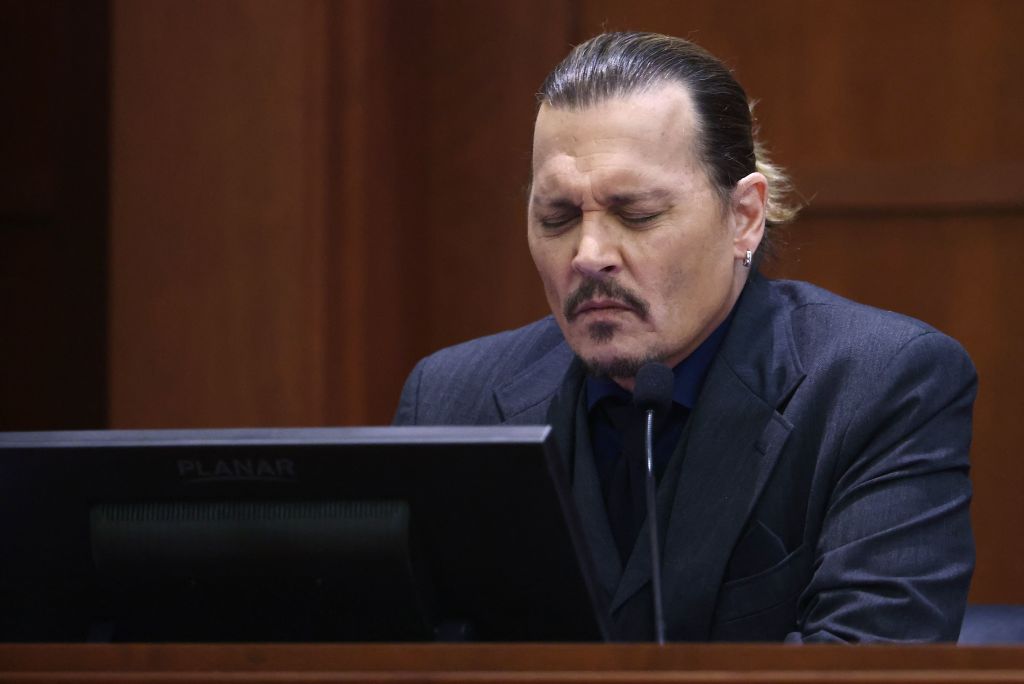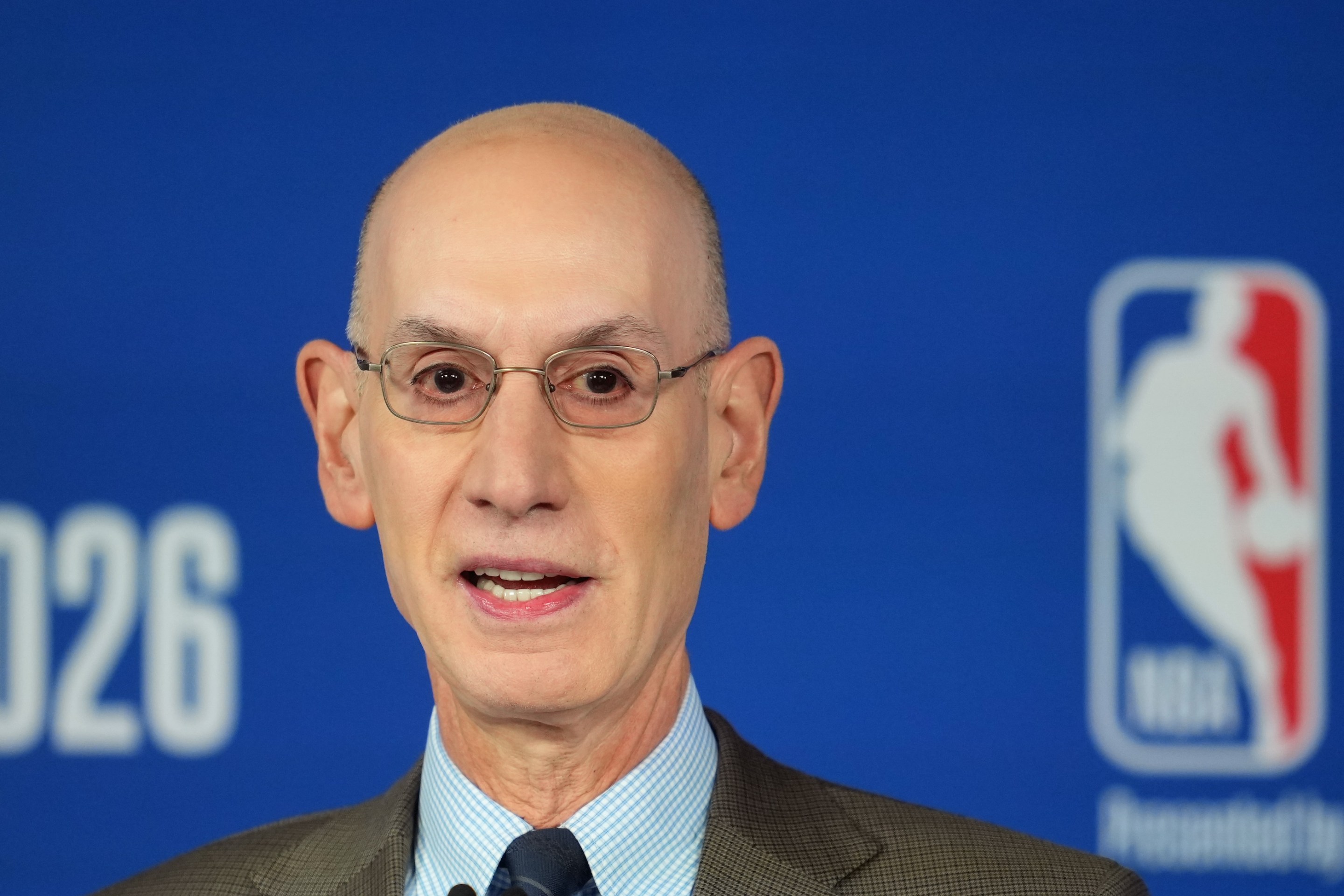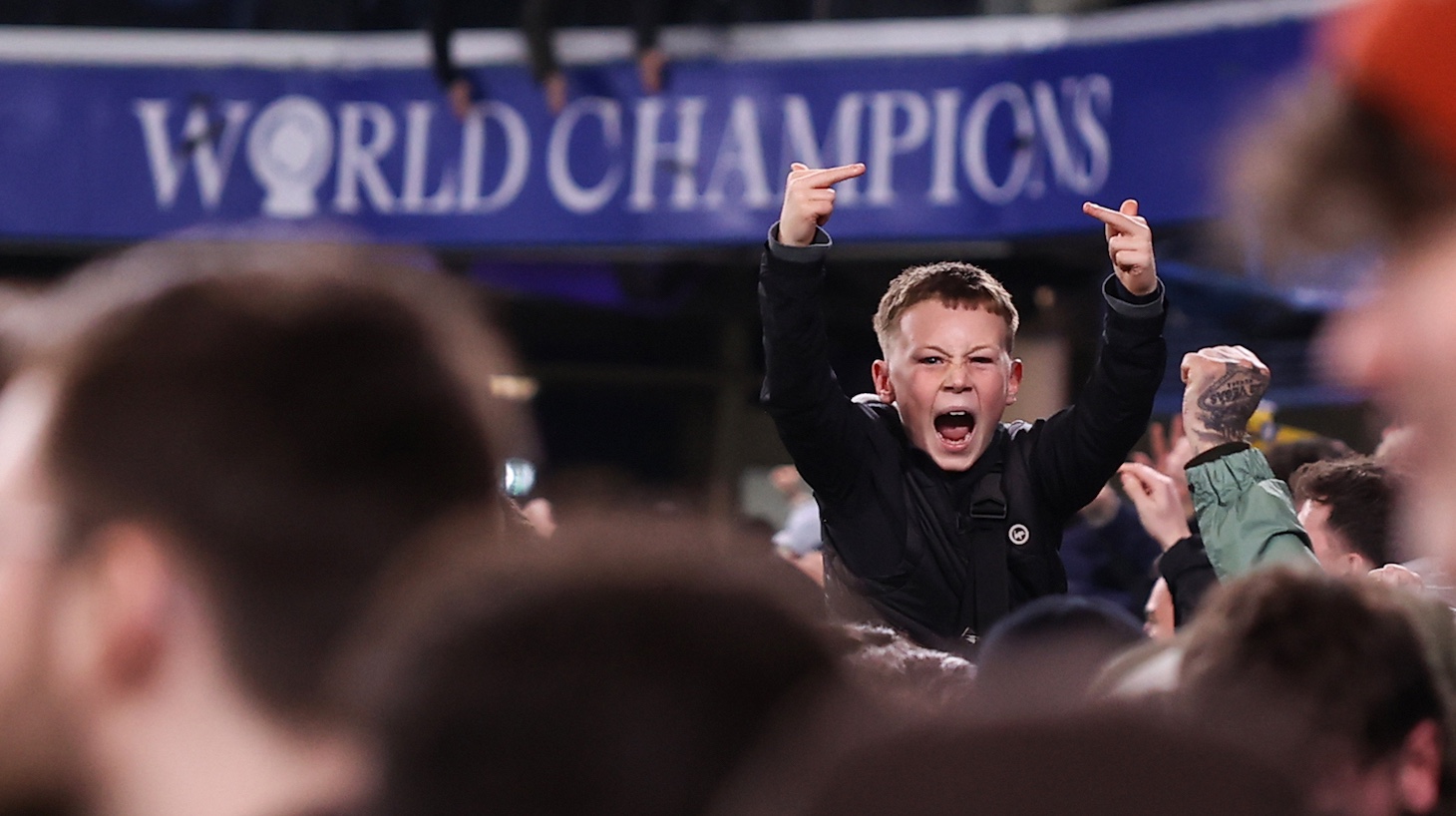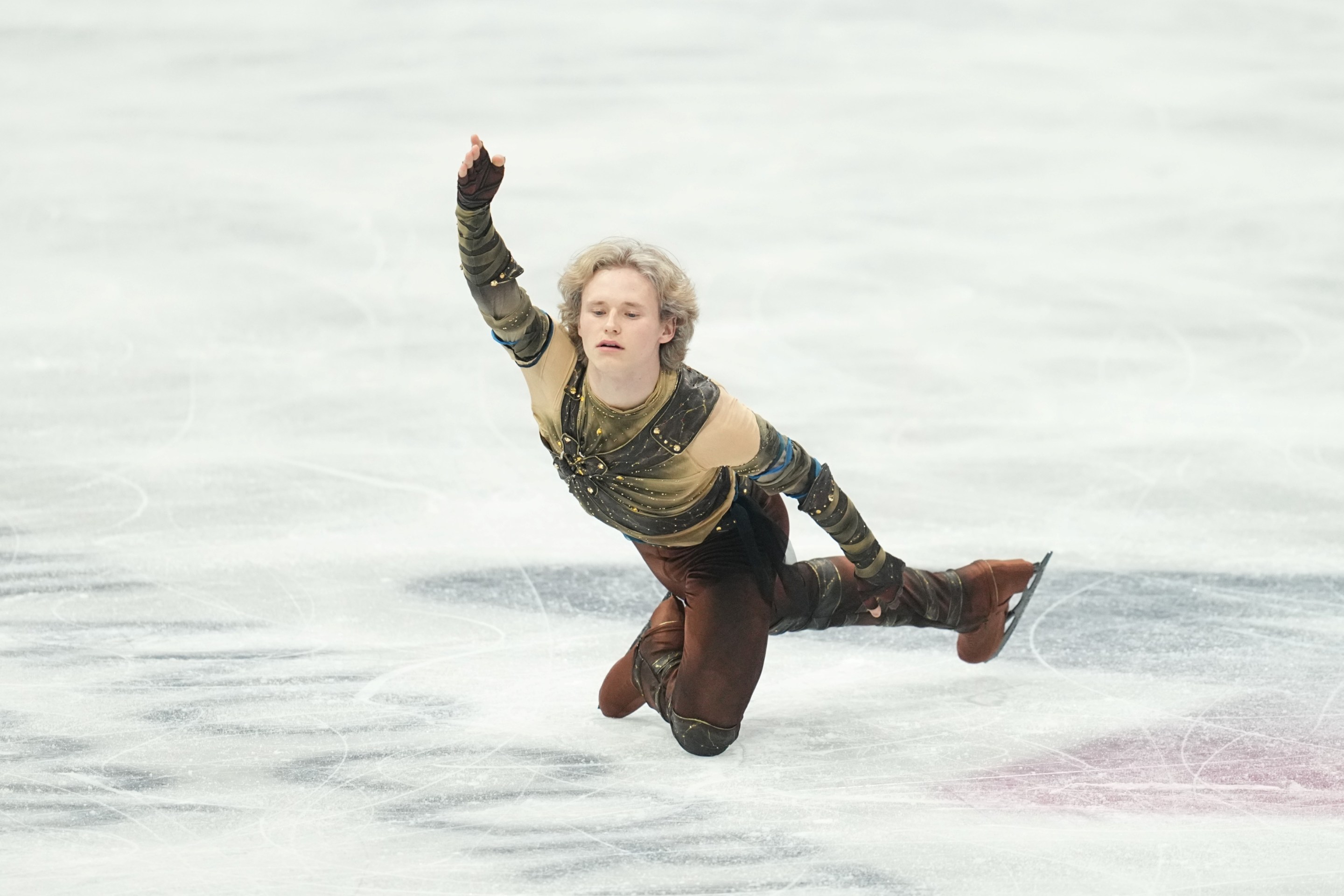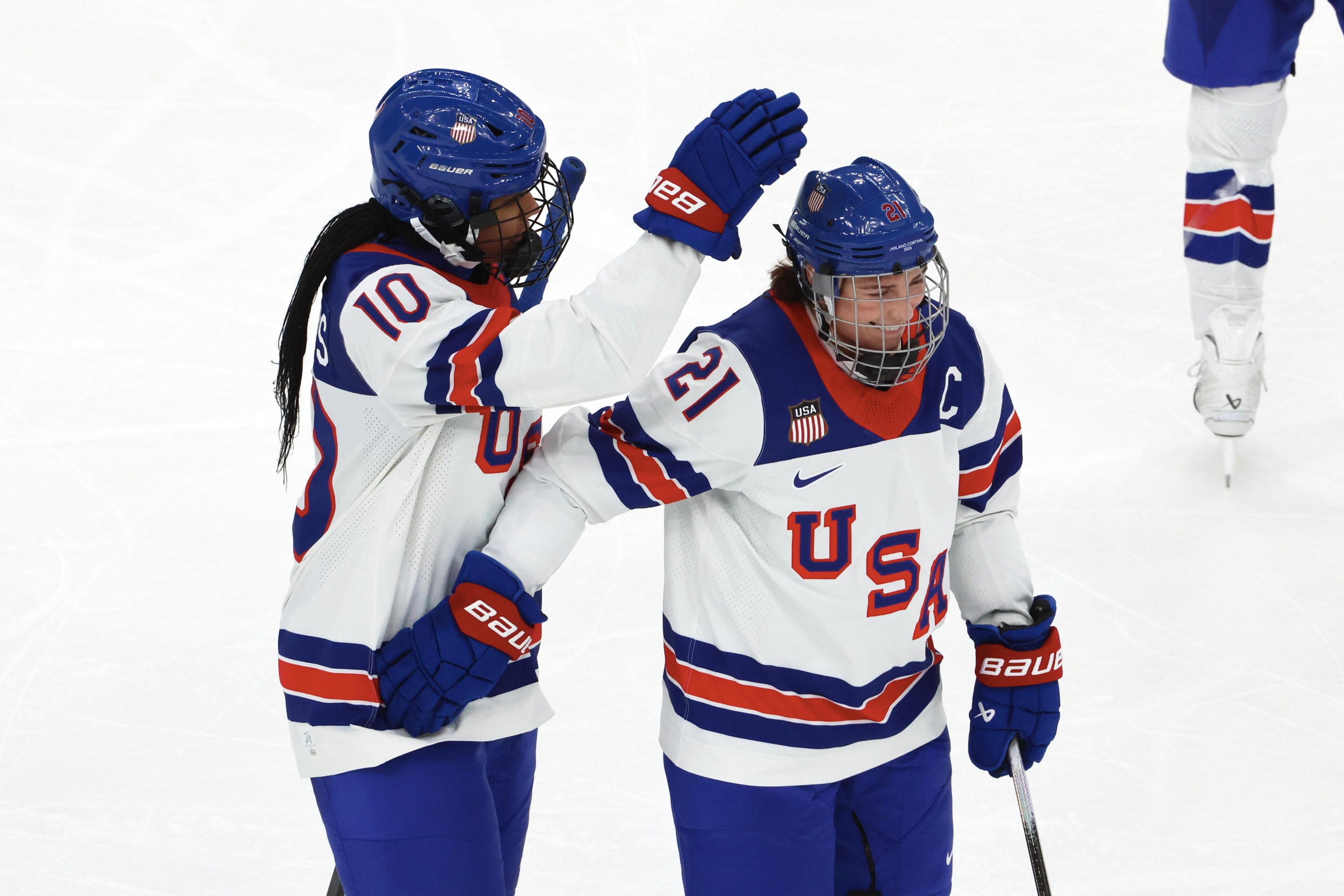On April 25, I went to see Canadian writer Sheila Heti talk about her new book. At the time, we were two weeks into the Amber Heard-Johnny Depp courtroom maelstrom (it is expected to end May 27, God help us). In the first televised celebrity trial in what felt like ages, we had seen Heard look photogenically pained and Depp look smugly determined as the details of their volatile five-year relationship—including physical violence, free flowing substances, and … free flowing bodily fluids—spilled across the courtroom. No one watching seemed to really care about the fact that this was a defamation trial (Depp is suing Heard for $50 million for writing an op-ed in The Washington Post about surviving an abusive marriage). The resounding sentiment around the trial from everyone I have spoken to seems to be: Oy. A kind of abrupt lamentation, meant for us rather than them. Because of that, I did not expect the trial to breach the walls of the salon in which we were listening to the author of How Should a Person Be? talk about her craft. But then Heti was asked what she was doing between projects. “Well, I’ve been sick all week, so the Amber Heard-Johnny Depp trial is the only thing that interests me,” she said. “I wish I had a better answer.” Heti seemed to indicate having sunk even in her own estimation, and even then, she did not have the patience for Depp, only for Heard. “She’s so beautiful,” she said, “but it changes it when you hear her yelling.”
This seems to be the gist of the trial in the public consciousness—a veneer of scandal, a core of ambiguity. The headlines wafting off the Heard-Depp tumult are salacious in a way that recalls a bygone era, offering up “bombshells” and “shocking moments.” Body language experts have been redeployed, celebrities have been name-dropped, even a fart on the witness stand has been debated. Layered on top of all this is plenty of moral outrage at the army of Depp supporters who have flooded social media apps like TikTok to excoriate Heard. It all seems miles away from what I remember to be the relatively sober media coverage around the Bill Cosby and Harvey Weinstein trials. Of course, this particular trial is tailor-made for the tabloid treatment, boasting two Hollywood stars, a pretty significant age gap between them, a hint of adultery, and the kind of excess wealth that renders not only the opulence but the debasement that much more extra. The ambiguity comes from the fact that in various ways and to varying degrees, both parties here appear to be both victim and perpetrator. What reads as a surprisingly regressive discourse around this trial, five years into MeToo, becomes less surprising when you realize that the movement doesn’t really do ambivalence.
Believe All Women, the slogan which came out of MeToo, had good intentions—that women rarely lie about abuse—but it became a bit of a Catch-22 almost immediately. Believe All Women implied that either you take everything a woman says at face value with no interrogation or you don’t, and thus MeToo is dead. “The real weakness of social feminism is not that it encourages women to be oversensitive about discomforts, but that it is so broad,” Moira Donegan wrote in The Guardian. “The call for women to unite can overlook the kinds of pain and conflict that can exist between them.” This failure to build in a kind of gray area meant that MeToo became particularly susceptible to backlashes. The main one being the feminist rift characterized by Donegan as the divide between those who believe in women’s individual empowerment—this one works well within capitalism, which is why conservatives tend to like it—and those who believe in collective liberation, which is more of a threat to the status quo (which is why I like it).
In the case of the Heard trial and its army of vocal Depp supporters, the backlash is powered by the perception that MeToo has cast men aside. In particular, men like Depp, whose own accusations of abuse by Heard have become a symbol of the movement’s fallout. “At the end of the day, we are so passionate about this not because we love Captain Jack Sparrow,” a member of Depp’s online support system told Slate, “but because we want to raise awareness for a very real issue that is often brushed under the rug.” In the online space, where it’s easy to perform support without actually doing much, misogyny presents as anti-misandry. The notion that Depp and Heard could be both the abused and the abuser is impossible to reckon with here, because it involves holding two conflicting thoughts in one’s head. It’s easier (and punchier), particularly online, to simplify it—Depp is right, Heard is wrong.
While online stan culture has reduced the trial down to the facile question of who is right and who is wrong, the mainstream press is facing a more complicated dilemma: How should it handle the sort of trial that was traditionally dismissed as mere scandal, that used to be relegated to the tabloid press, knowing what we now know—that gossip has proven time and again to be as factually based and rational as official discourse? In other words, how do you legitimize gossip as testimony? Especially when it’s so torrid? Along with MeToo came a better understanding of how whisper networks have historically and privately protected women from abuse, thus offering further legitimacy to gossip. You can even see the downstream effects of this in the trial’s inciting article. What would have been a pile of juicy dirt filtered through anonymous sources a few decades ago was instead a compelling op-ed written by Heard herself.
Depp has accused Heard of writing the op-ed to advance her career (she recently fired her publicity team), while arguing he filed the suit to save his (this is a man who owns an island, remember). These kinds of gossipy narratives were de rigueur in the '30s and '40s, in Hollywood’s golden age when movie studios used gossip columns for publicity. Timely leaks about actors’ private lives kept them in the public consciousness, and the box office benefited. It also worked the opposite way—scandals (affairs, drugs, arrests) could damage a star’s financial power. With looser libel laws arriving in the '60s—a suit has to prove the publisher of the supposed falsehood did so maliciously, which is why Depp’s case is so hard to win—tabloids and gossip reporters were basically given carte blanche, and columns proliferated in magazines and newspapers into the '80s and '90s. Then Court TV arrived in 1991.
The televised celebrity trial, granted its first big breakout by O.J. Simpson, became a sort of IP machine of its own, spinning off countless stories and various other showbiz opportunities. Relatively rare show trials like Michael Jackson’s became their own tabloid ecosystems and, in their wake, even non-televised celebrity court cases—from Winona Ryder’s infamous Saks theft to Anna Nicole Smith’s custody battle—were forensically deconstructed by the tabloids, banking on public thirst for stars at their most vulnerable. Moving into the oughts, blogs made gossip columnists out of regular people, then social media made it a free-for-all. The churn of the non-stop news cycle and attendant social media in which Court TV relaunched in 2019—after languishing for the past decade—was just begging for some unhinged A-lister to go balls-out litigious. Jack Sparrow more than filled the role.
With fewer tabloids around, fewer publications in general, you would think the response to a televised celebrity trial in 2022 would be more subdued. But the constant need for content online and the constant need to respond on social media means it’s even less so. All aspects of the trial are analyzed, the difference now is that even the analysis is analyzed (hi). Increasingly aware of intersectional oppression, the media savvy online are also primed to place everything, even celebrity one-offs—from one slap to one abusive marriage—into a systemic context. Out of this comes an academically tinged discourse, one with no depth because of the lack of real information (hence the yen for more details—maybe the next photo of Depp passed out on the floor of his hotel room will unlock the case!) Social media users throw around academic terms like "internalized misogyny" and "mutual abuse," smart-sounding gloss without any real insight. Just like the courts, just like the mainstream press, neither MeToo nor social media in its wake can handle human subtlety.
Sometimes the reason a celebrity hurts another celebrity is obscure even to them, and even if it isn’t, there is not always greater meaning to be mined from such events. This is not the type of gossip that has a social function. It is schadenfreude, there for regular people to thank God we are not them. Which is maybe the point. That in a culture collapsing under the weight of the elites, they can still be brought so low that the people underfoot no longer have to admire them (which they continue to do despite themselves). Maybe this is the reason Heti was willing to admit on that stage, knowing it was embarrassing, that she was watching Heard and Depp flounder—as a self-reflexive writer, she knew the only revelation promised by this trial was one about herself.
